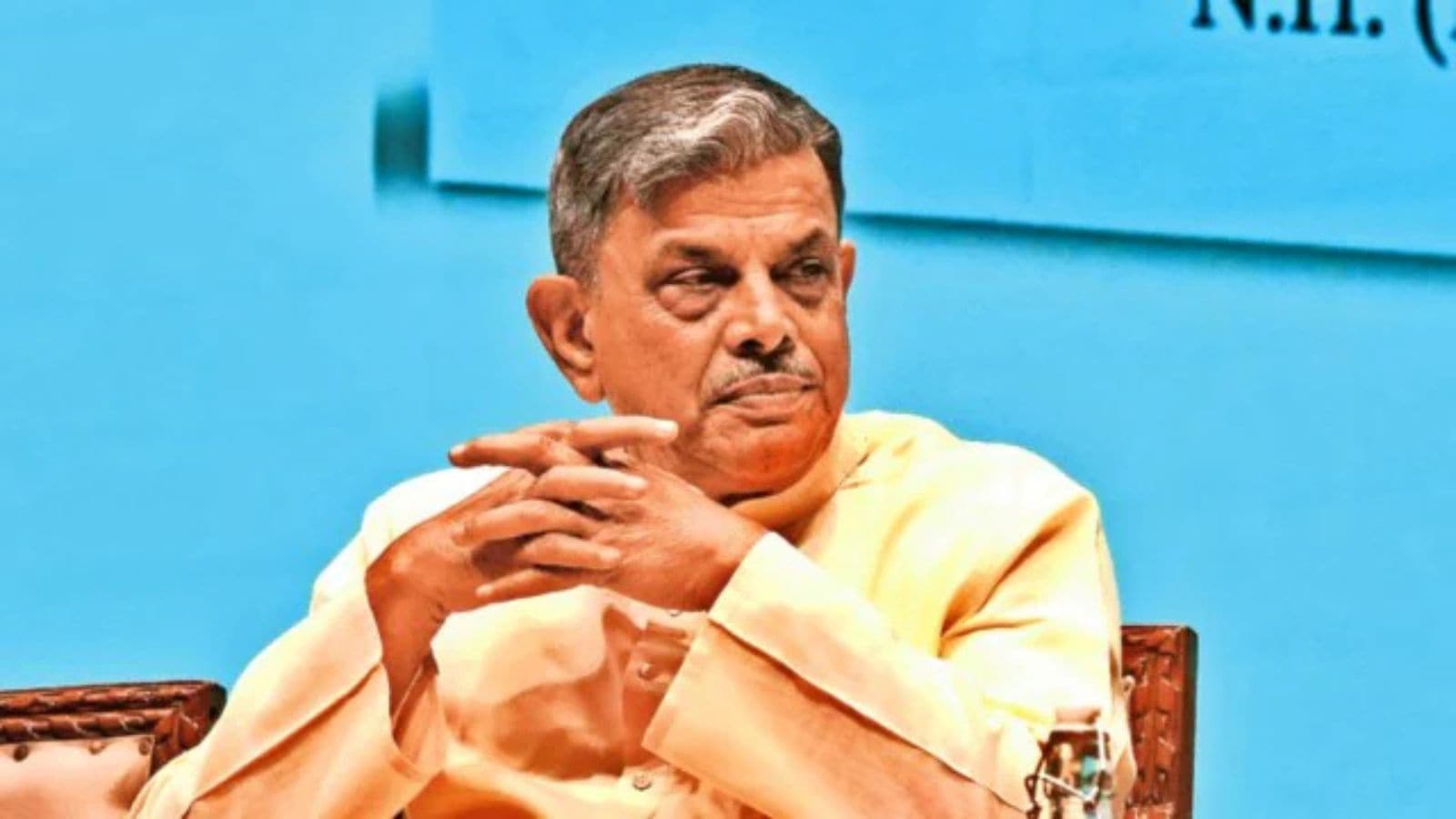Are We Losing Connection? RSS Leader Warns Market-Driven Society Devalues Relationships

A leading voice from the Rashtriya Swayamsevak Sangh (RSS) is raising concerns about the impact of a market-driven society on human relationships. Suresh Joshi, also known as Hosabale, recently stated that the increasing dominance of market principles and government-centric approaches is eroding the fabric of society, turning interactions into mere transactions.
Hosabale’s comments come amidst a growing debate about the societal consequences of rapid technological advancements and the rise of e-commerce. He specifically highlighted e-commerce as a prime example, arguing that it fosters a transactional mindset, diminishing the value of genuine human connection. “A market-based, government-oriented life is damaging for society. E-commerce is a glaring example. It has reduced relationships to mere transactions,” he explained.
The Shift to Transactional Interactions
The core of Hosabale’s argument lies in the observation that traditional social structures, built on mutual support, shared values, and personal relationships, are being replaced by systems driven by profit and efficiency. The ease of online shopping, while offering convenience, can inadvertently isolate individuals and reduce interactions to simply purchasing goods or services. This can weaken community bonds and lead to a sense of detachment.
Beyond E-commerce: A Broader Trend
While e-commerce was the specific example used, Hosabale’s concerns extend beyond online retail. He suggests a broader societal trend where everything, including relationships, is increasingly viewed through the lens of economic value. This can manifest in various areas, from education and healthcare to social services and even personal friendships. The pressure to be productive and efficient can overshadow the importance of empathy, compassion, and genuine human connection.
The RSS Perspective: Re-emphasizing Values
The RSS, a Hindu nationalist organization, has long advocated for a return to traditional Indian values, emphasizing community, family, and selfless service. Hosabale’s comments align with this broader philosophy, urging a re-evaluation of societal priorities and a conscious effort to rebuild relationships based on trust, respect, and shared purpose. The organization believes that a healthy society requires more than just economic prosperity; it needs strong social bonds and a sense of collective responsibility.
Looking Ahead: Finding a Balance
Hosabale's warning isn’t a call to abandon progress or reject technology. Rather, it’s a plea for balance – to harness the benefits of a market-driven economy while safeguarding the essential human connections that make society thrive. It prompts us to consider how we can use technology to enhance, rather than erode, our relationships and to actively cultivate a culture of empathy, compassion, and genuine human interaction. The challenge lies in finding ways to navigate the complexities of the modern world without sacrificing the values that underpin a strong and vibrant society.
The debate sparked by Hosabale’s comments is likely to continue, prompting further discussion about the societal implications of our increasingly interconnected and market-driven world. It serves as a timely reminder that true progress requires not only economic growth but also a commitment to nurturing the human connections that make life meaningful.






